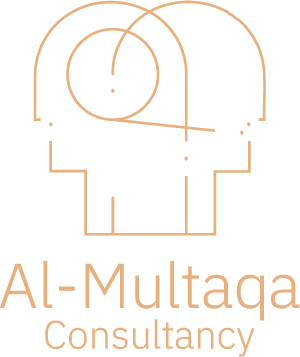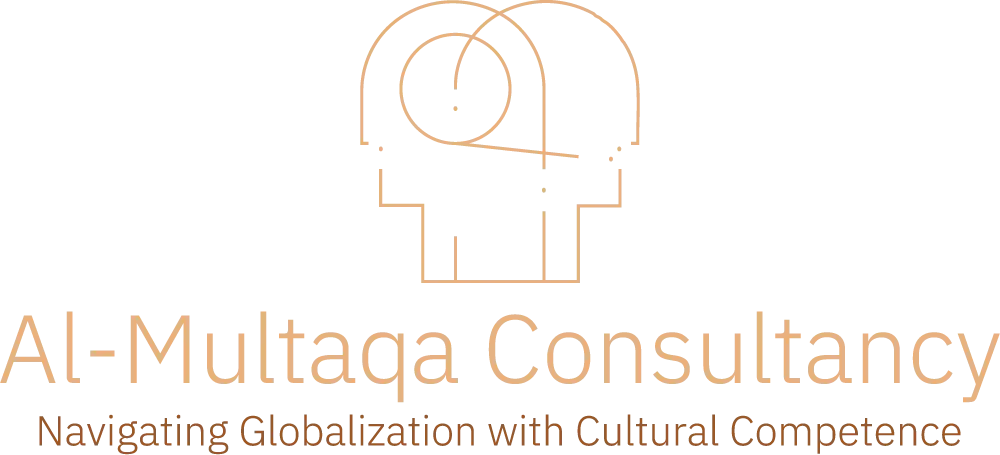Understanding the Importance of Intercultural Communication in the Global Business Landscape
In today’s interconnected global market, intercultural communication has become a cornerstone for businesses striving to achieve international success. As companies expand their operations across borders, the ability to navigate and bridge cultural gaps is critical in fostering strong relationships, enhancing collaboration, and driving innovation. This is especially true for businesses operating within the MENA region, where diverse cultural norms and varied business etiquettes can pose significant challenges.
One of the primary hurdles leaders face in intercultural settings is miscommunication. Language barriers, differing communication styles, and non-verbal cues can lead to misunderstandings that affect business operations and outcomes. For instance, what might be considered straightforward feedback in one culture could be perceived as offensive or overly critical in another. Cultural misunderstandings can further extend to varying business practices and etiquettes, such as negotiation tactics, hierarchical structures, and meeting protocols, which may cause friction and impede progress if not properly managed.
Successful intercultural communication can vastly improve international business partnerships. For example, a multinational company that understands and respects the local customs in a foreign market is more likely to build trust and establish long-term relationships with local stakeholders. Additionally, aligning with cultural nuances can enhance the effectiveness of marketing strategies and customer engagement efforts, leading to increased market share and competitive advantage.
Al Multaqa Consultancy excels in diagnosing and addressing communication barriers for leaders in intercultural settings. Their approach involves a thorough assessment of the unique cultural dynamics at play within an organization and its target markets. By offering tailored strategies and practical solutions, Al Multaqa Consultancy equips leaders with the necessary tools to overcome these barriers. Their services include intercultural communication training, cross-cultural team-building exercises, and guidance on culturally sensitive negotiation and leadership practices.
Ultimately, bridging cultural gaps is essential for businesses to thrive in the global arena. By leveraging expert consultancy services like those provided by Al Multaqa, organizations can ensure they are well-equipped to navigate the complexities of intercultural communication, thereby setting the stage for sustained global success.
Building Global Leadership Skills with Al Multaqa Consultancy
In today’s interconnected world, effective leadership transcends geographical boundaries and cultural barriers. Leaders must be equipped with the necessary skills to navigate the complexities of global business environments, particularly in regions like the Middle East and North Africa (MENA), which presents unique dynamics. Al Multaqa Consultancy specializes in developing these critical leadership competencies, ultimately preparing leaders for global success.
Al Multaqa Consultancy’s approach encompasses a comprehensive framework for building cultural intelligence (CQ), emotional intelligence (EQ), adaptability, and strategic thinking. Cultural intelligence, a crucial component for any global leader, involves understanding and effectively engaging with different cultural contexts. Al Multaqa provides extensive training programs to enhance CQ, enabling leaders to foster inclusive and collaborative environments.
Equally important, Al Multaqa cultivates emotional intelligence, which is essential for managing relationships and making informed decisions that consider the emotional impact on stakeholders. Through targeted workshops and customized coaching sessions, leaders learn to enhance their self-awareness, empathy, and communication skills.
Adaptability is another key competency emphasized by Al Multaqa. In a rapidly changing global market, leaders must be agile and responsive to evolving circumstances. Training modules on adaptability focus on developing a growth mindset and resilience, ensuring leaders can navigate uncertainties and pivot strategies effectively when necessary.
Strategic thinking rounds out the set of skills imparted by Al Multaqa. Leaders are trained to envision long-term goals, assess market trends, and evaluate risks, thereby positioning their organizations for sustained success. Comprehensive strategic planning workshops and simulation exercises are integral parts of this training process.
Al Multaqa’s impact is evidenced through various success stories and testimonials from leaders who have benefited from their services. These individuals report enhanced leadership capabilities and significant improvements in their organizational performance. For instance, a regional manager from a multinational corporation shared their experience of increased cultural adaptability and effective decision-making, which positively influenced cross-border operations.
Real-world applications of these skills underscore the long-term benefits of developing intercultural leadership competencies. Leaders not only achieve personal growth but also drive organizational success, fostering a work culture that thrives on diversity, innovation, and collaboration.



